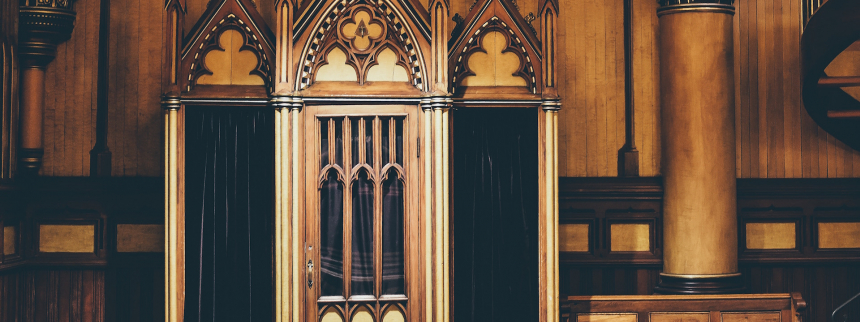
To view a message from Bishop Jaime Soto about the removal of SB 360 from further consideration this year visit https://www.scd.org/communications/sacramento-bishops-corner.
SACRAMENTO, CA -- The day before hundreds of Catholics were planning to voice their opposition by attending a hearing in the Capitol on July 9, SB 360 was pulled from the Assembly Public Safety Committee agenda effectively removing it from any further consideration this year.
SB 360 (Hill, D-San Mateo) attempted to deny the sanctity of confession when it comes to priests and to Catholics who work with priests in parishes, Church agencies and ministries.
The action follows the delivery of tens of thousands of letters, emails and phone calls from Catholics and others concerned with the free expression of religion. Hundreds more planned on boarding buses from as far away as Los Angeles to voice their opposition tomorrow.
Andrew Rivas, executive director of the California Catholic Conference, expressed his thanks to the Californians who reached out to their legislators to oppose SB 360:
“An amazing number of people spoke to their legislators to explain the sacred nature of the Sacrament of Reconciliation,” said Rivas. “It is important to our spirituality and our relation to God and to others. Our thanks go to all who played a part.”
Rivas emphasized the strengthening mandatory reporting laws continues to be a priority of the Conference’s public policy efforts.
Analysis of SB 360 by the staff of the Public Safety Committee, released today, also raised significant First Amendment concerns, emphasized that no other state had taken a similar approach and pointed to the impracticality of enforcing the new law. The analysis also noted the committee had received opposition from more than 125,000 individuals – although emails and letters from several dioceses continued to be delivered after that count was made.
Authors can pull bills for a variety of reasons ranging from not having enough votes to a desire to continue working on details. Since the California legislature has a two-year session, the bill can still be considered next year.

